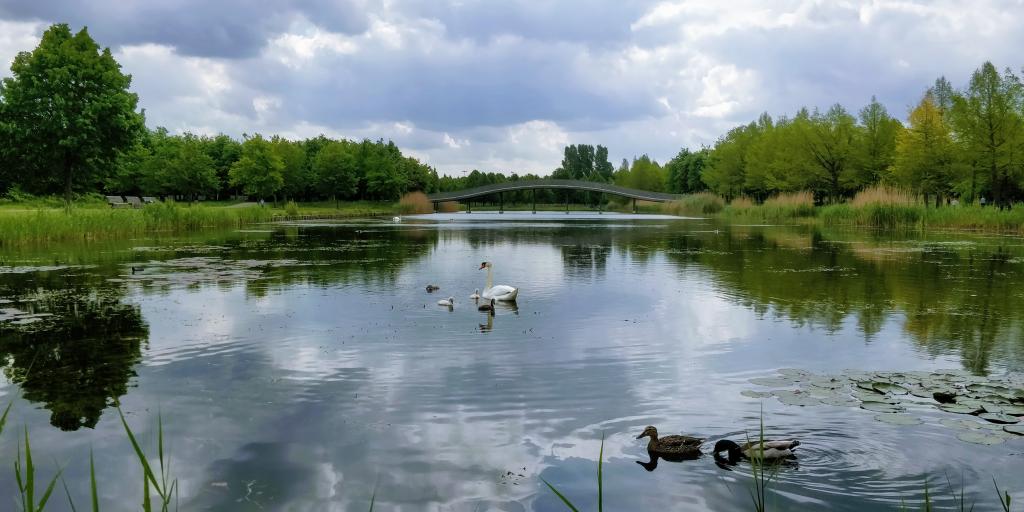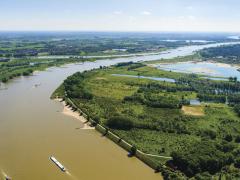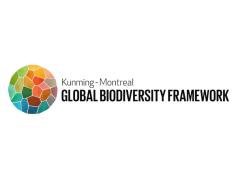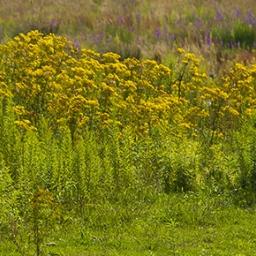Enhancing Urban Nature Provision in the Netherlands
As cities across the world face complex challenges that require interventions that can address multiple goals simultaneously, there has been a growing interest in using Nature-Based Solutions (NBS). A recent analysis by Utrecht University, initiated by PBL, suggests that principle-based standards can be effective in supporting, safeguarding and super-charging the provision of urban nature.

The challenge of enhancing urban nature provision is to overcome implementation barriers and deliver multiple benefits for society in a way that is genuine, fair and effective
There is a growing and diverse number of NBS initiatives emerging across cities worldwide, even though NBS remain marginal in most cities with significant governance and financial barriers to their uptake. Standards can support overcoming these barriers by providing a level playing field for action, enhancing knowledge about the NBS’ potential benefits and enabling monitoring and evaluation. Standards can also safeguard urban nature provision by generating confidence in the reliability and performance of NBS, as well as by ensuring certain threshold criteria to counter critiques that NBS lead to greenwashing and gentrification. Finally, standards can super-charge action for the provision of urban nature by driving ambition, recognising and rewarding good practice, while also enabling local communities to develop a sense of connection with and stewardship for nature.
Principle-based standards can support the provision of urban nature, because of the wide variety of places, people and values involved
While metric-based standards can provide a useful baseline, they also carry limitations, by being either too complex to use or too simple to be meaningful and often using universal targets that can limit their credibility and uptake. Also, urban nature provision often takes place in co-governance arrangements which asks for flexible standards to operate together with existing requirements if they are to be effective.
This research found that principle-based standards can be more effective in supporting, safeguarding and super-charging the provision of urban nature. As diverse actors need to work together towards common objectives, principle-based standards help to identify the key qualities that need to be safeguarded in any one policy area but allow flexibility in how this is undertaken across diverse contexts. Like metric-based standards, principle-based standards can establish the indicators that supports action, but can more readily super-charge action by using ‘sliding scales’ of performance which allow those that go faster to do so and be recognised for it, whilst also requiring minimum levels of achievement. To date, no common principle-based standard for urban nature provision has been established. Hence, the development of a new mandate for urban nature provision in the Netherlands provides a significant opportunity for national leadership.
There is considerable potential to increase the quality of urban nature and with it the outcomes for people and places
Urban nature provision is currently clustered in two distinct forms: initiatives that realise multiple goals but have only limited forms of inclusion and equity, and those that are smaller (spatial and financial) and realise a more limited range of benefits but are inclusive and seek to ensure equity in their processes and outcomes. Unlocking the potential of urban nature means moving beyond simple indicators of ‘greenness’ and adopting a principles-based standard for high-quality urban nature provision that delivers multiple benefits, is inclusive, equitable and addresses the underlying drivers of climate change and biodiversity loss. Moving forward requires a focus not so much on what can be counted – the numbers of trees, the distance from green space – but what counts – the quality of urban nature provision.
In summary, this background paper shows that simply mandating for the provision of more urban nature will not ensure that the use of NBS fulfils its potential to deliver high-quality outcomes for climate, biodiversity and society. Instead evidence and practice shows that standards for high-quality urban nature are needed to realise this opportunity and ensure that the risks of exclusion, inequality and greenwashing are avoided.
Authors
Specifications
- Publication title
- Enhancing Urban Nature Provision in the Netherlands
- Publication date
- 31 January 2023
- Publication type
- Report
- Page count
- 87
- Publication language
- English
- Product number
- 5022




